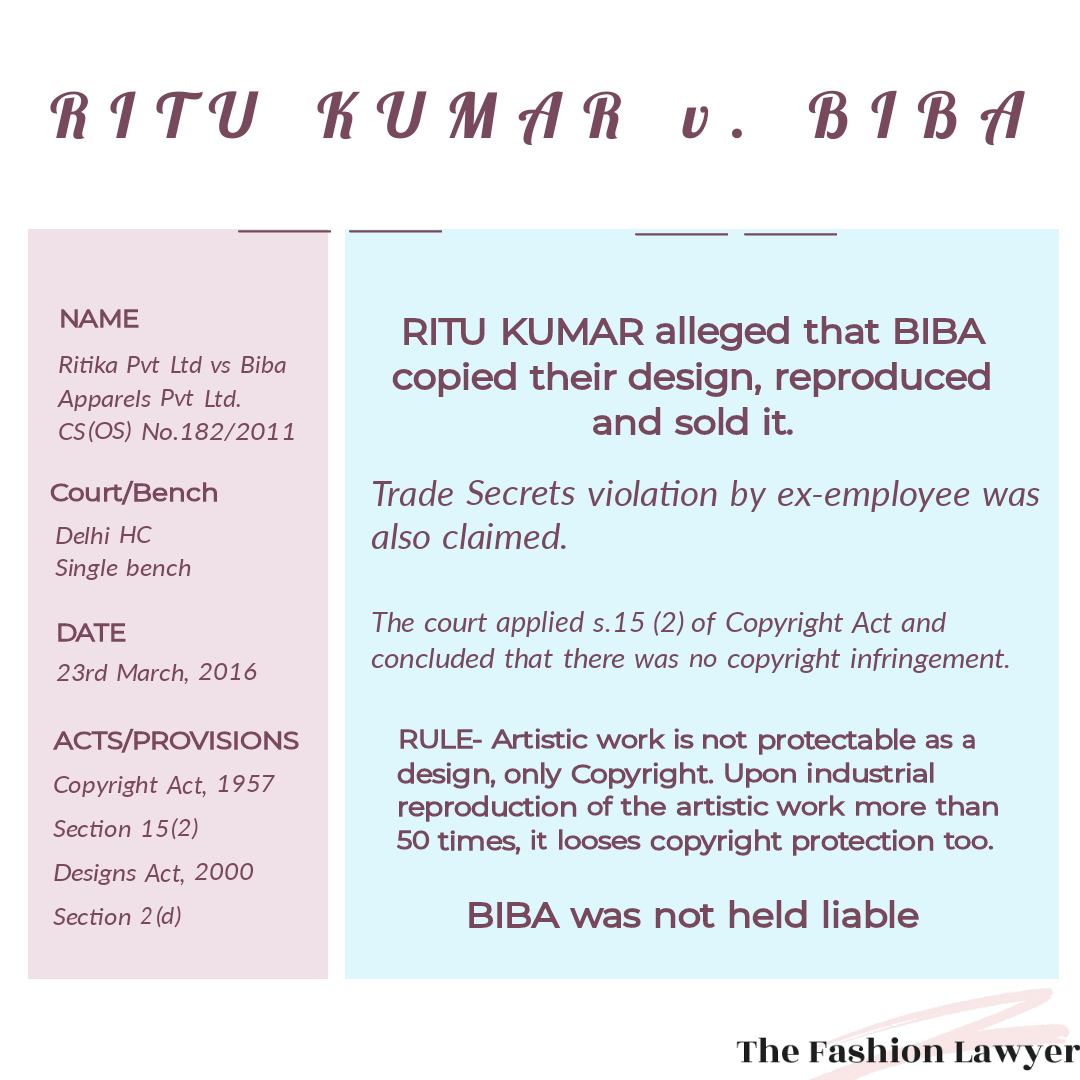Fashion Law: Basic overview
"Fashion is part of the daily air and it changes all the time, with all the events."
Dianna Vreeland
Fashion is dynamic, and so is Law. Both keep on changing with trends, culture and perception of the society. Intersection of these two fields opens up new possibilities.
This article will help you to understand the overview of fashion law and role of a lawyer in fashion world.
What is Fashion Law?
As the name suggests, Fashion Law revolves around all the facets and branches of fashion industry- apparel, textile, luxury items, footwear, jewellery and cosmetic industries. There is variety of clients like designers, fashion houses, distributors, manufacturers, modeling agencies and photographers etc.
Fashion law regulates the relationship between fashion designers, distributors and customers, making them duty bound towards each other so they could act within the scope of the legally binding negotiations that arise due to the contractual obligations between them. It also provides for the protection and ownership of designs created or used by fashion houses, manufacturers and photographers and the legal requirements for industry events, such as fashion shows, sale, pop-up shows.
It includes all the legal necessities for starting a new fashion houses and to run existing entities smoothly, making Fashion law a very broad area to practice.
There are a number of legal issues involved in a seemingly simple business. Let's look at the fields involved:
1) Intellectual Property Rights
2) Contract
3) employment and labour laws
4) environment laws
5) Corporate Laws
6) Taxation
7) Real estate
8) Local laws (e.g. event licencing, signages etc)
What is the role of a Fashion lawyer?
A Fashion lawyer is expected to provide all round solution for all legal issues that may arise to establish or run a fashion enterprise.
It includes services like drafting and negotiating contracts, intellectual property related issues (trademarks, copyright, design), forming and dissolving of business entities, corporate governance, labour laws, advertising regulations, event licensing, IT laws, import/export regulations and more.
To summarise it, Fashion Law is combination of different branches of law dealing with all aspects of Fashion Industry.



Comments
Post a Comment